Three champion Irish debaters faced three Whitworth senior debaters in Weyerhaeuser 111 on Tuesday, March 21, 2023. An audience of Whitworth teammates and community members gathered to watch.
The three Irish debaters won funding for their trip through participation in the 63rd Irish Times Debate final, which allowed them to travel and take part in exhibition debates throughout the United States. The competition revolved around the motion, “this house believes it is time for people of the EU to directly and democratically elect a president of the European Commission.” Ailbhe Noonan and Gavin Dowd from the Solicitor’s Apprentice Debating Society in Ireland were named the winners of the competition, and Oliver McKenna of Munster Technological University garnered the individual speaker’s award. This year was the first time the tour happened, having been paused for three years due to COVID-19.
This year’s Irish competitors said they were surprised at their victory in the Irish Times Debate.
“It was a bit surreal,” said Dowd. “[When] we won our final debate [in Ireland], this elderly American gentleman came up to us and asked for our passport details, and then we were told we’re going on a trip to America.”
Michael Ingram, Whitworth head debate coach and communications professor, said the plans to bring Irish competitors to tour United States colleges came to life over twenty years ago when a man named Gary Holbrook brought that year’s Irish winners to Denver. Then, a friend and professor at North Carroll College took charge of the U.S.-Irish connection around 15 years ago, not long before Whitworth got involved.
When Ingram resurrected the forensics program at Whitworth in 2011, he learned about the Irish students’ tour of the United States and decided to get Whitworth involved. “I thought, this sounds like a bunch of fun,” Ingram said.
This year, Whitworth’s seniors Aidan Hollister, Skye Gordon and Drew Lorenc were selected to debate a resolution on nuclear energy against the Irish. Promptly at 7 p.m., the event opened with an introduction from Ingram and a brief description of the night’s structure.
The debate differed from Whitworth’s typical International Public Debate Association (IPDA) format. In IPDA, individual debaters take turns offering constructive and rebuttal speeches broken by timed cross-examination, for a maximum of 30 minutes each round. Instead, with seven minutes apiece, each of the six debaters presented arguments on the resolution, “Nuclear energy is the most important solution to climate change,” punctuated at the one- and six-minute marks by a clap from Ingram.
Whitworth’s Hollister began in affirmation, followed by negation from Irish team’s Noonan. Then the teams alternated speakers to provide further construction and rebuttal on the topic. Debaters interrupted with questions at will, which were either answered or deferred with a “no, thank you” if the debater currently at the podium wished to continue their thought. Some debaters sprinkled their speeches with humor, which was met with laughter from the room.
The topic came out two weeks in advance, allowing each team to prepare arguments. For the Whitworth team, this was more preparation than they usually get for their cases.
“We’re used to having to prep in 30 minutes to come up with a case about this size. [This format gave us] a lot of time to come up with exactly what we wanted to say beforehand,” Gordon said.
For the Irish teammates, the night presented an opportunity to showcase their logic prowess with a dash of levity.
“What stood out to me was how everyone uses their logical reasoning skills very well, and how we were able to not take it very seriously,” said Noonan.
Noonan said this event would help her “create broader arguments in the future.”
Ingram said this event helped grow the skills of the three Arguing Bucs who competed. But he said that having the Irish debaters visit the United States was beneficial beyond just the debate.
“I love that Whitworth students get to meet international students … who like reasoned discourse [and] argumentation, and they get to make cross-cultural friendships,” Ingram said. “It forces them to take a step back and think, ‘with the skills we have, how will I use them to communicate … outside of a tournament format.’”
To learn more about the Whitworth debate team, email mingram@whitworth.edu. To watch the March 21 debate with the Irish team, view it online here.

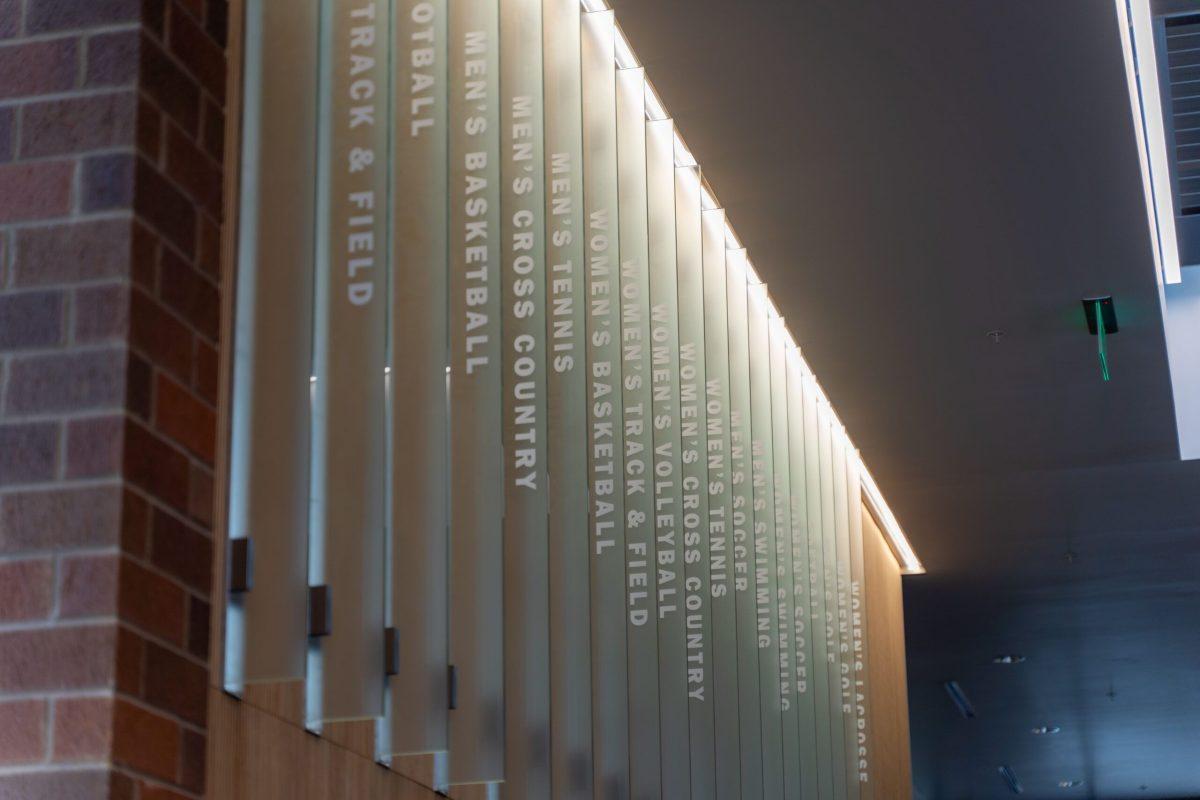
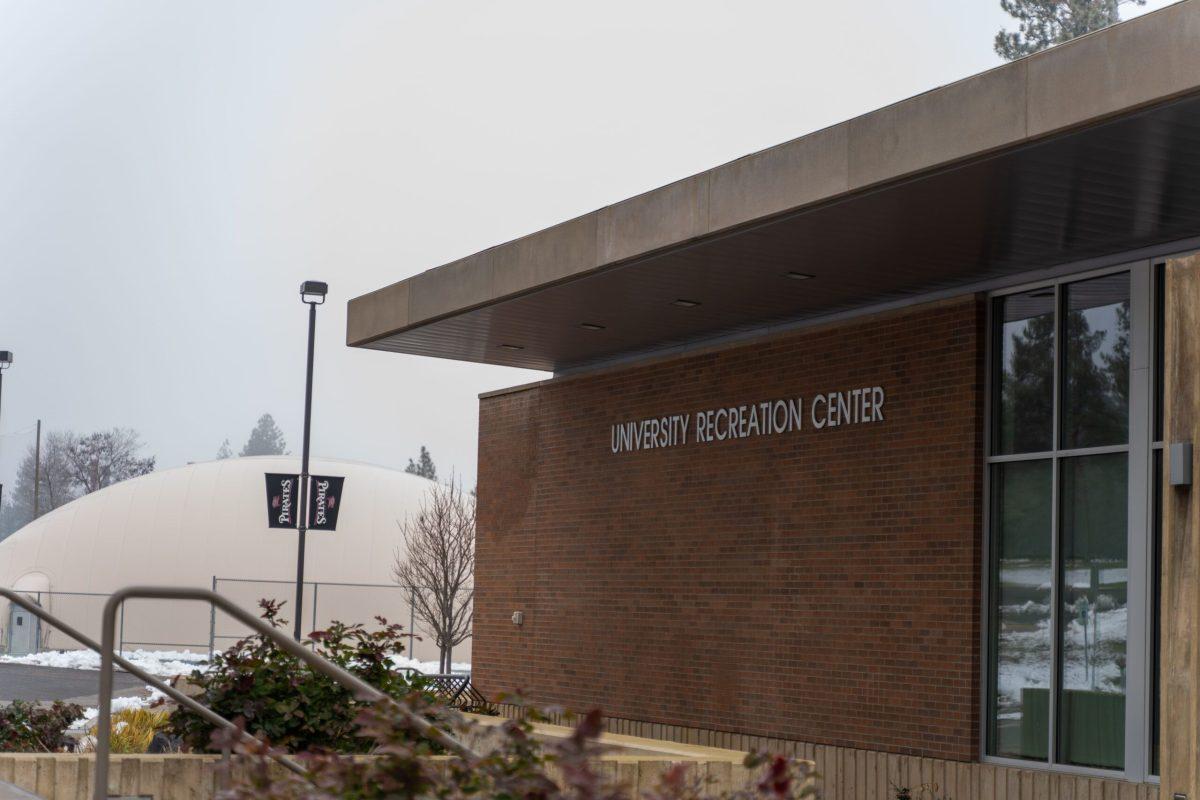
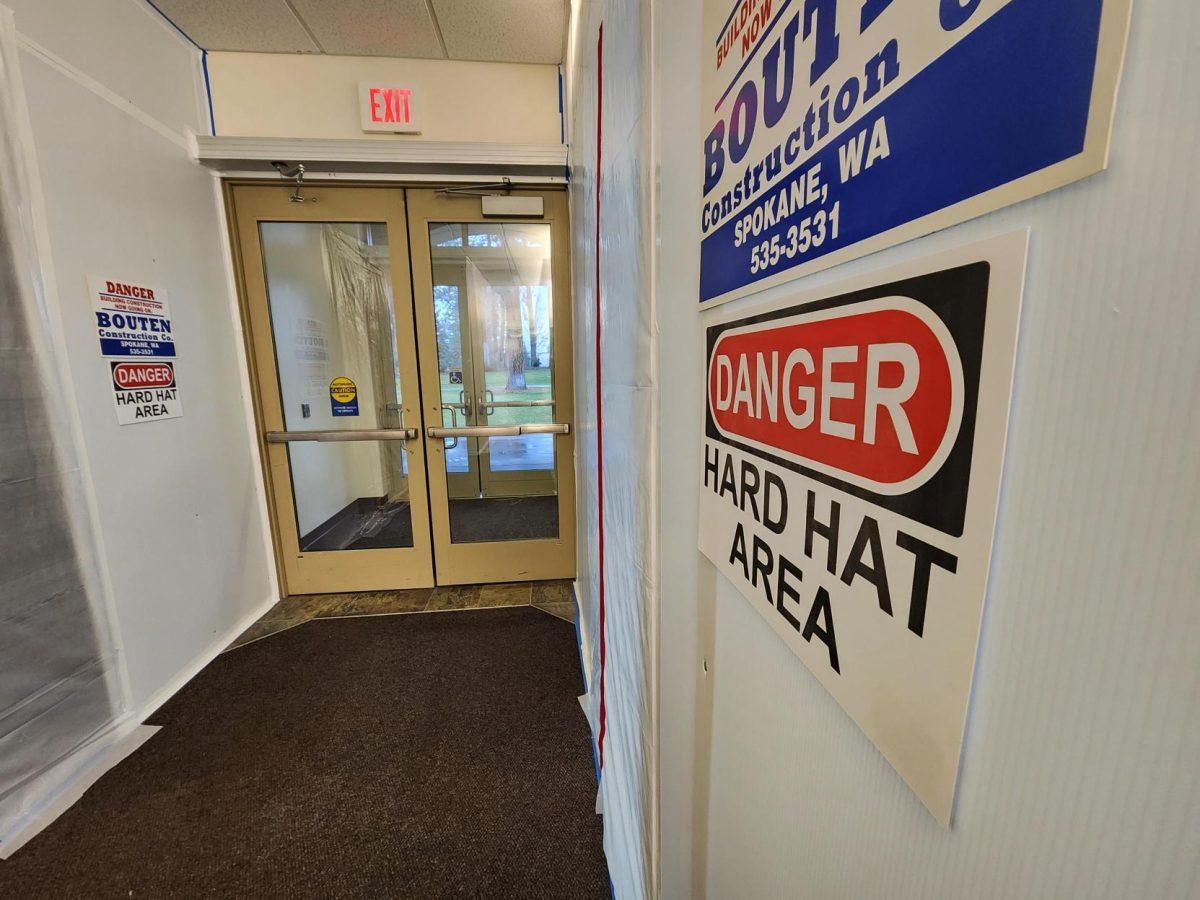
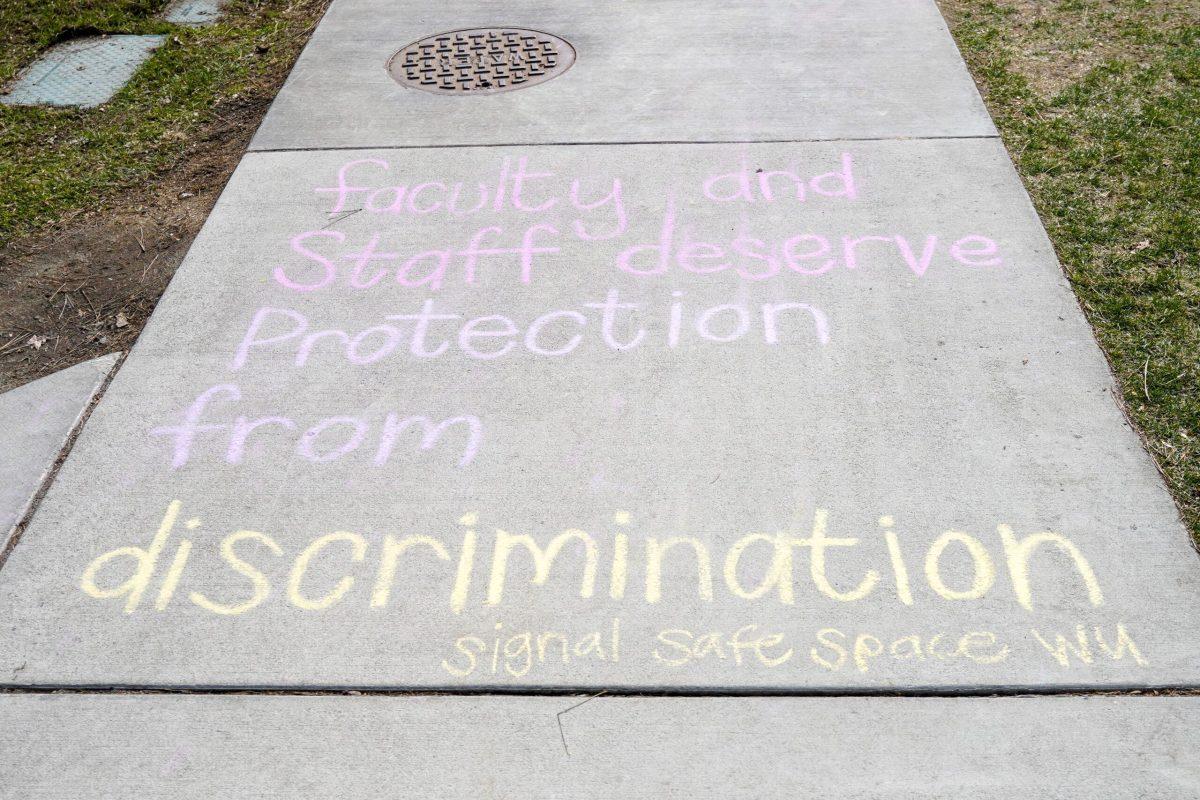
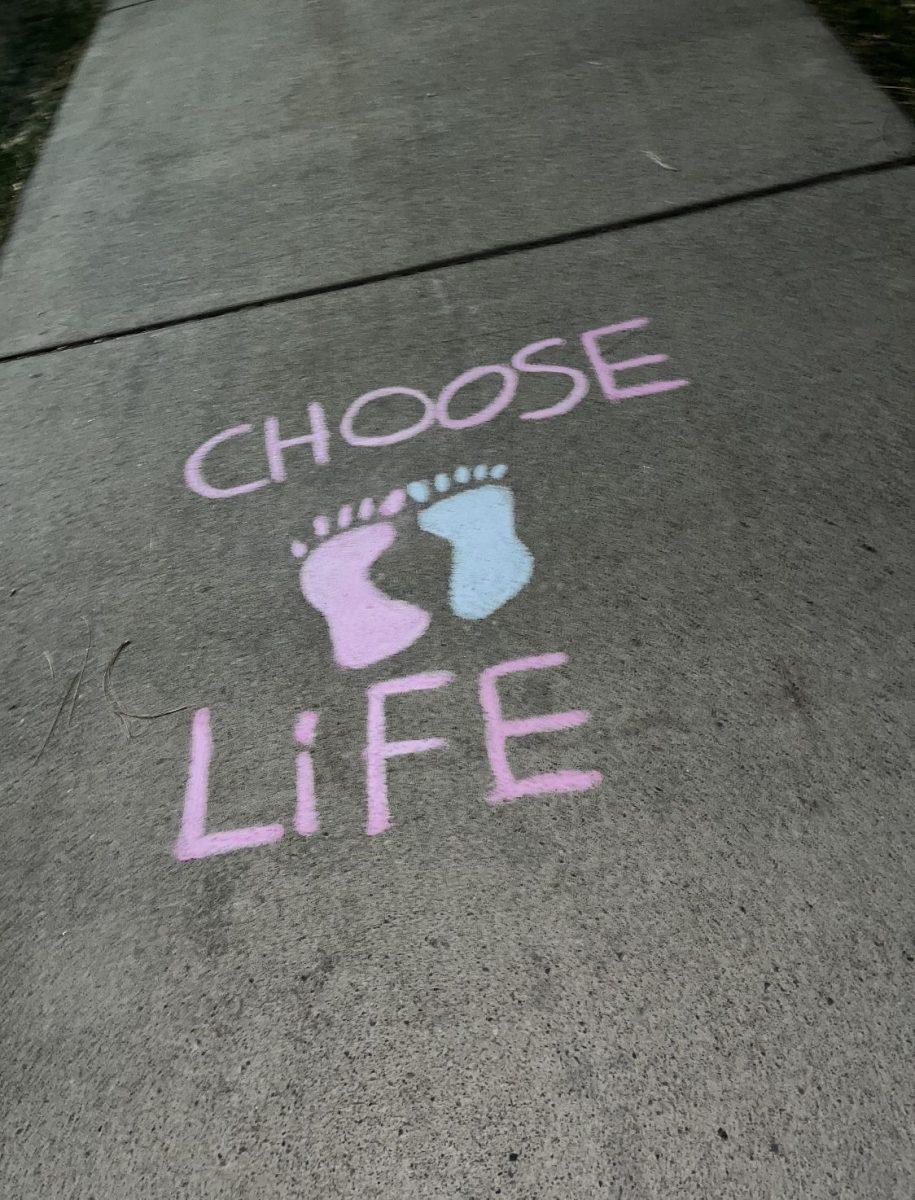
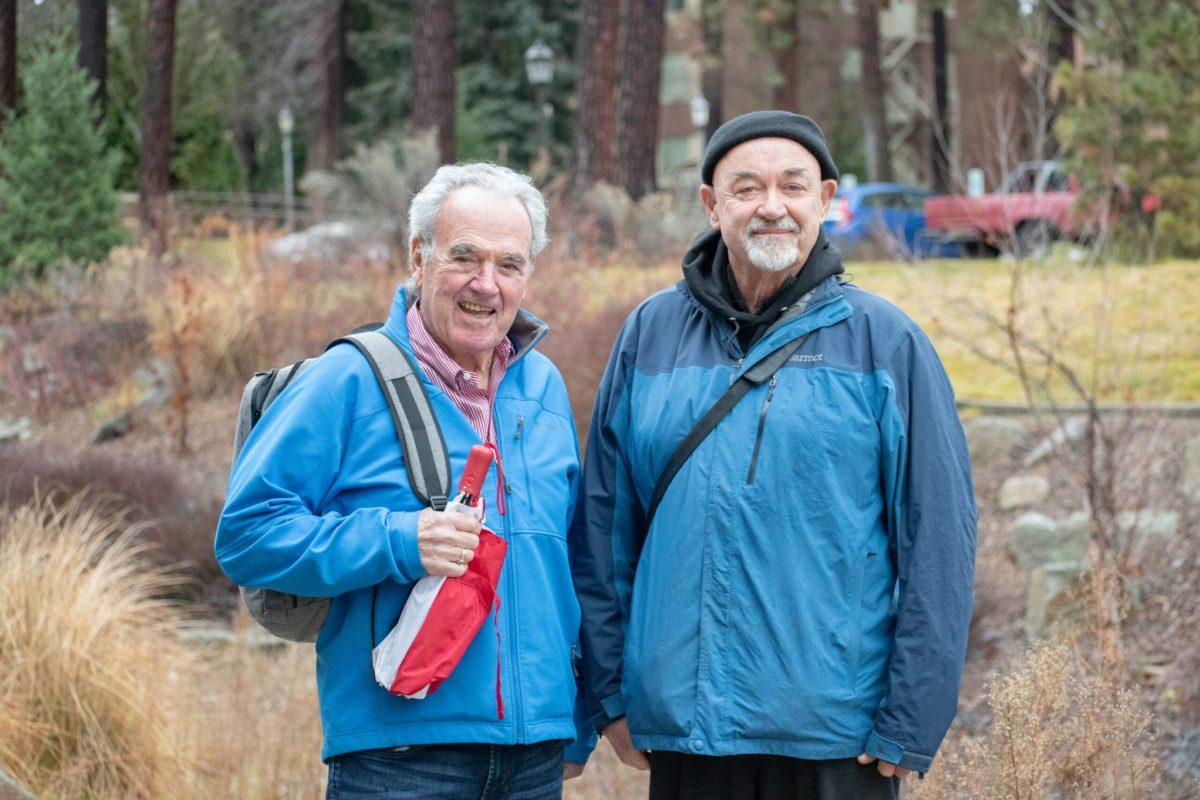
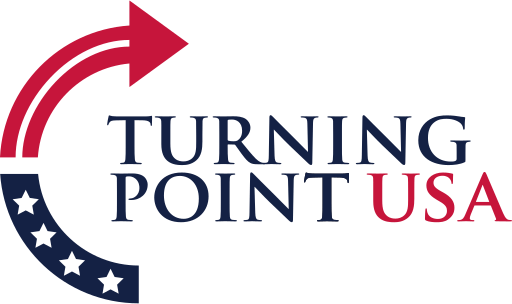
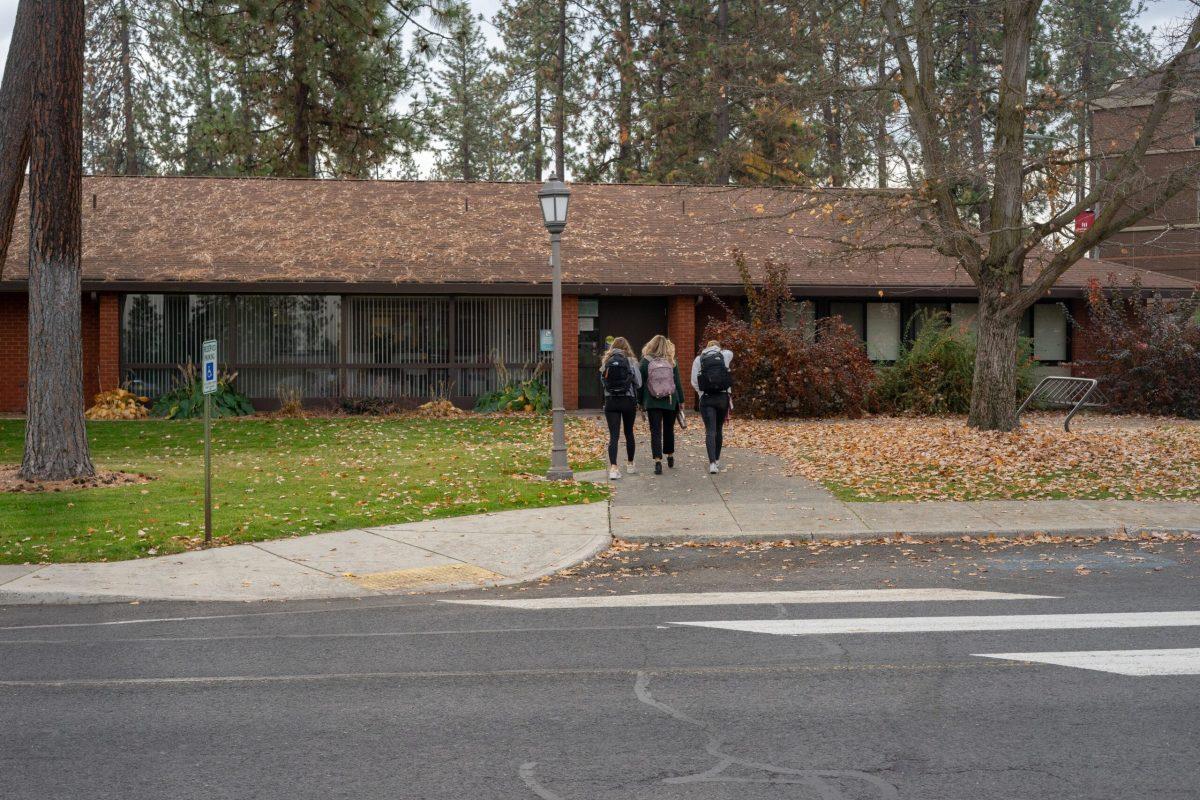

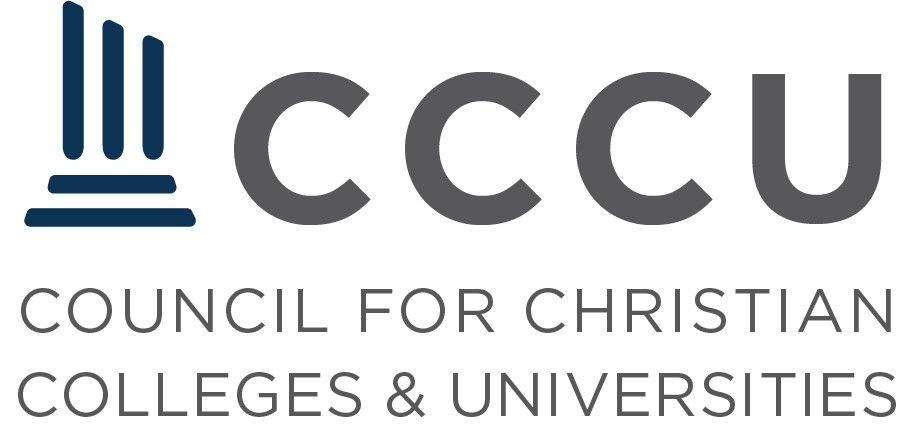
 Spokane?
Spokane?